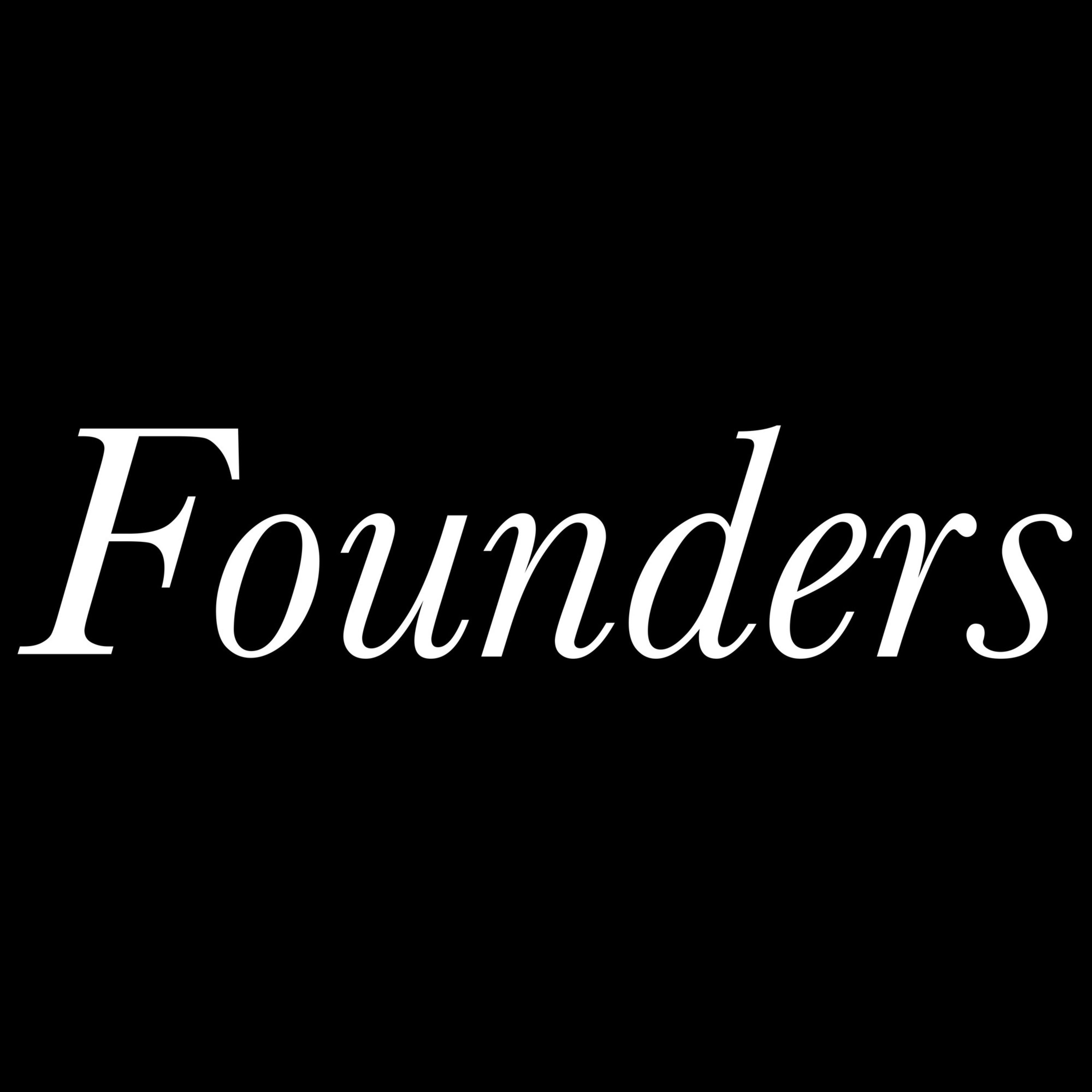#310 Walt Disney and Picasso
What I learned from reading Creators: From Chaucer and Durer to Picasso and Disney by Paul Johnson. Join Founders AMAMembers of Founders AMA can:-Email me your questions directly (you get a private email address in the confirmation email) -Promote your company to other members by including a link to your website with you question -Unlock 27 Ask Me Anything (AMA) episodes immediately-Listen to new Ask Me Anything (AMA) episodes every week ---(3:30) Disney made use of the new technologies throughout his creative life.(4:45) Lists of Paul Johnson books and episodes: Churchill by Paul Johnson. (Founders #225) Heroes: From Alexander the Great and Julius Caesar to Churchill and de Gaulle by Paul Johnson.(Founders #226)Mozart: A Life by Paul Johnson. (Founders #240) Socrates: A Man for Our Times by Paul Johnson. (Founders #252) (5:55) Picasso was essentially self-taught, self-directed, self-promoted, emotionally educated in the teeming brothels of the city, a small but powerfully built monster of assured egoism.(7:30) Most good copywriters fall into two categories. Poets. And killers. Poets see an ad as an end. Killers as a means to an end. If you are both killer and poet, you get rich. — Confessions of an Advertising Man by David Ogilvy. (Founders #306)(10:00) Whatever you do, you must do it with gusto, you must do it in volume. It is a case of repeat, repeat, repeat. — Les Schwab Pride In Performance: Keep It Going! by Les Schwab. (Founders #105)(11:30) Picasso averaged one new piece of artwork every day of his life from age 20 until his death at age 91. He created something new every day for 71 years.(15:30) Power doesn't always corrupt. But what power always does is reveal. — Working by Robert Caro (Founders #305)(17:30) Many people find it hard to accept that a great writer, painter, or musician can be evil. But the historical evidence shows, again and again, that evil and creative genius can exist side by side in the same person. In my judgment his monumental selfishness and malignity were inextricably linked to his achievement.He was all-powerful as an originator and aesthetic entrepreneur precisely because he was so passionately devoted to what he was doing, to the exclusion of any other feelings whatever.He had no sense of duty except to himself, and this gave him his overwhelming self-promoting energy. Equally, his egoism enabled him to turn away from nature and into himself with a concentration which is awe-inspiring.(21:30) It shows painfully how even vast creative achievement and unparalleled worldly success can fail to bring happiness.(24:00) Walt Disney (at age 18) wanted to run his own business and be his own master. He had the American entrepreneurial spirit to an unusual degree.(27:00) Recurring theme: Knowing what you want to do but not knowing how to do it—yet.(26:20) All creative individuals build on the works of their predecessors. No one creates in vacuum.(28:30) Why Walt Disney moved to Hollywood: The early 1920s, full of hope and daring, were a classic period for American free enterprise, and for anyone interested in the arts—Hollywood was a rapidly expanding focus of innovation.(28:00) Filmaker episodes: Francis Ford Coppola: A Filmmaker's Life by Michael Schumacher. (Founders #242)Steven Spielberg: A Biography by Joseph McBride. (Founders #209)

